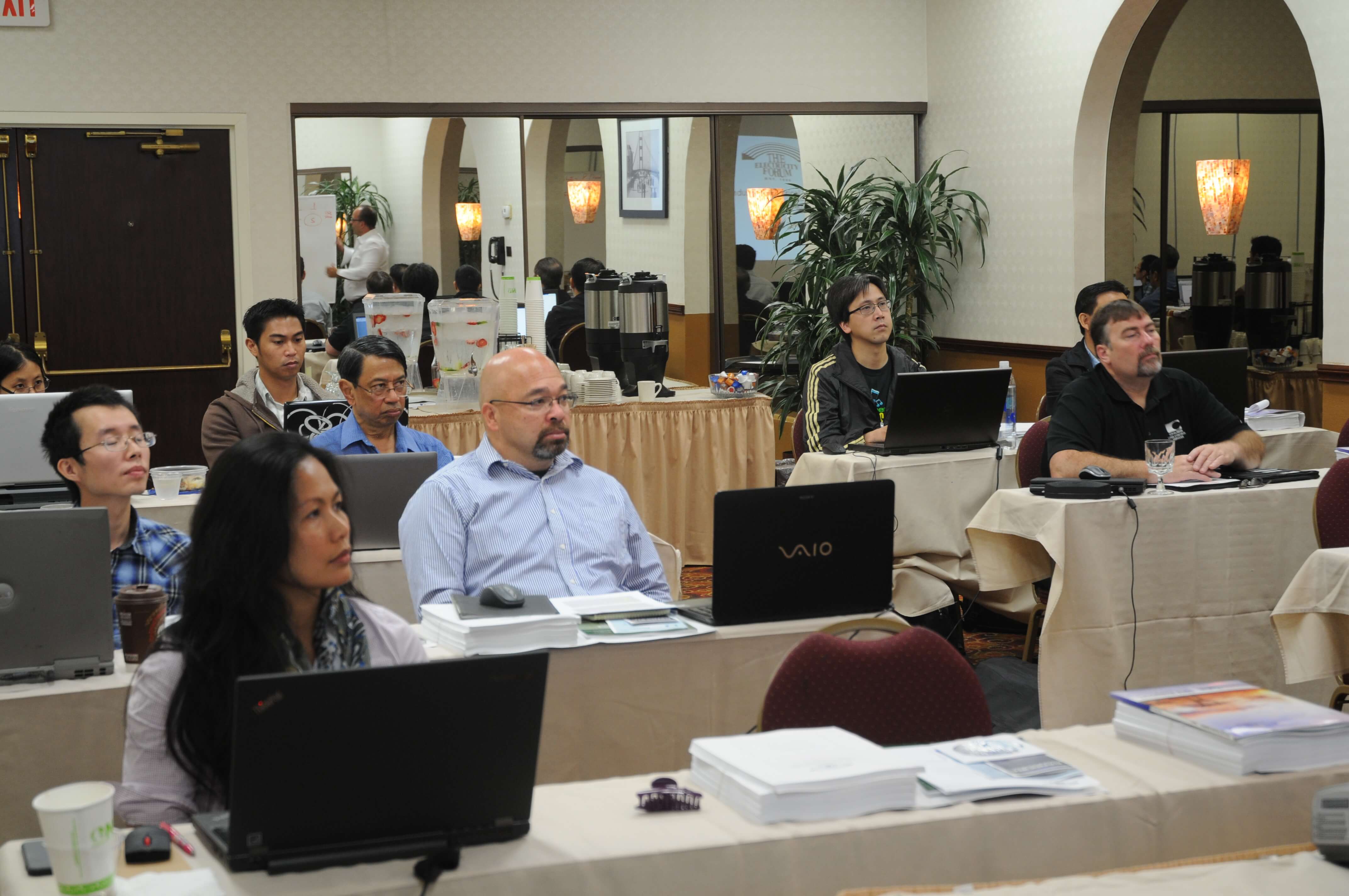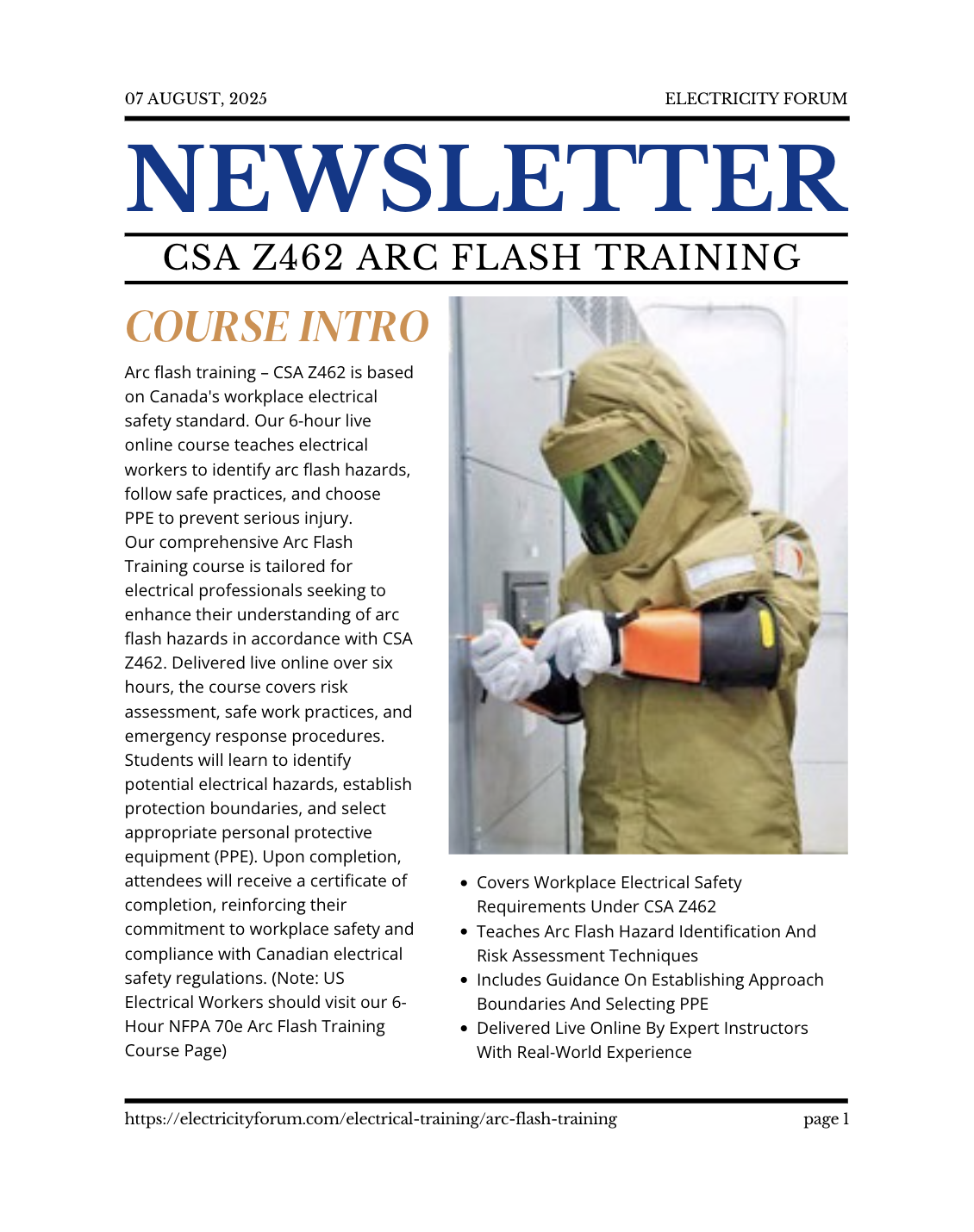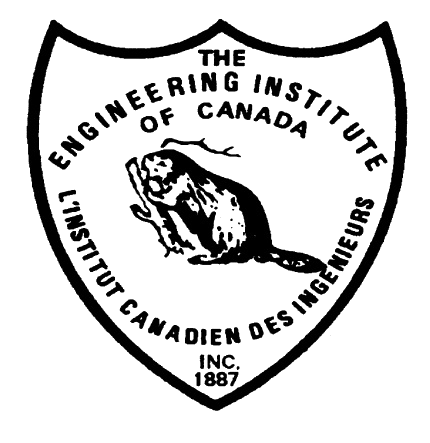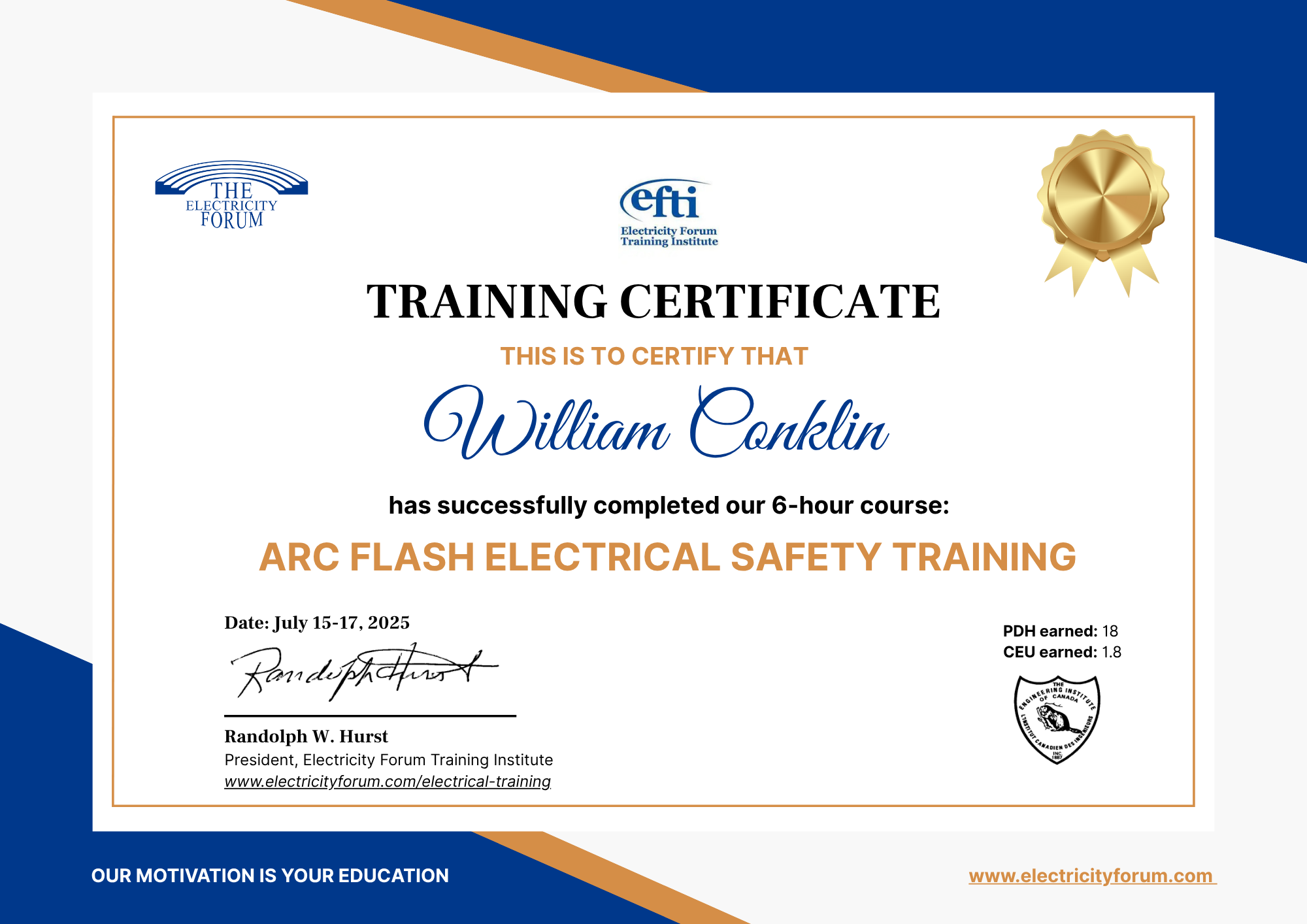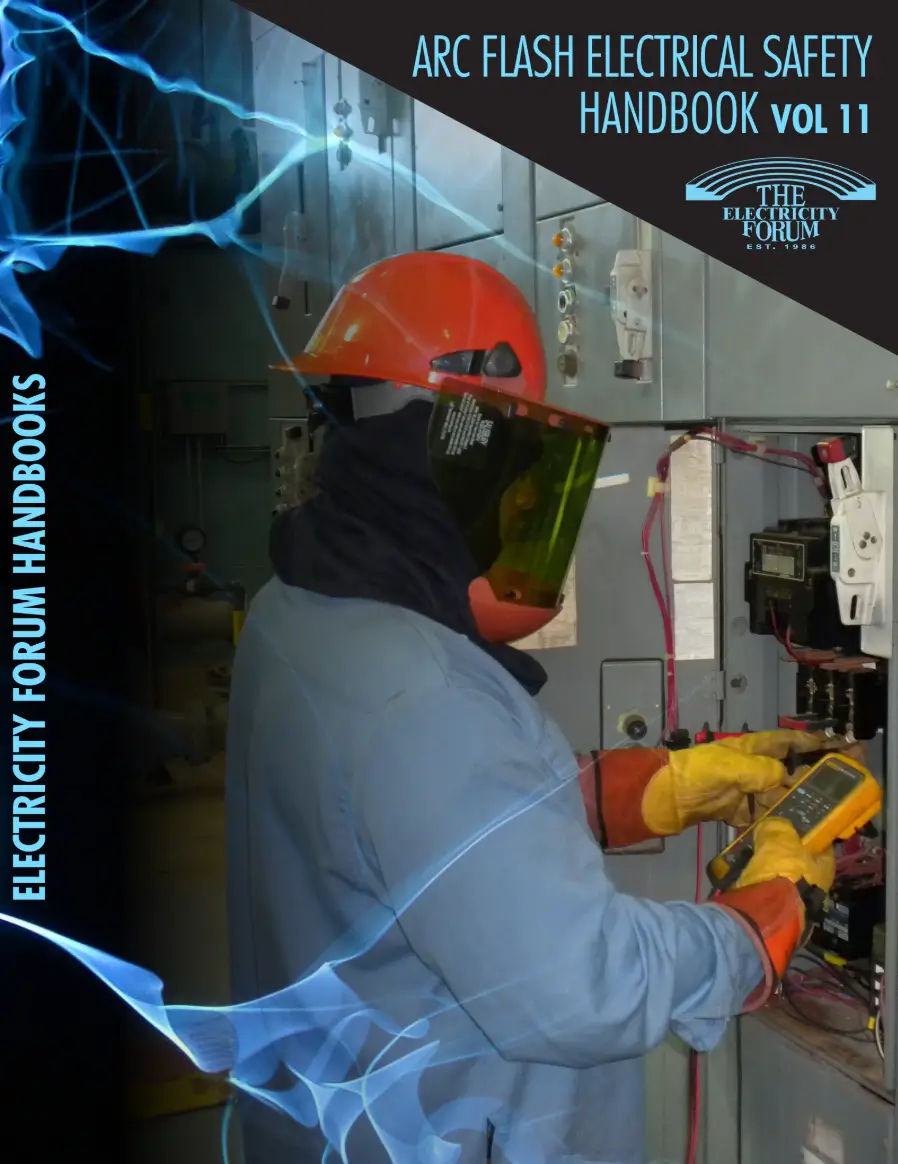This 12-hour, live instructor-led workshop dives deep into the principles that underpin fire alarm and life safety systems in Canadian buildings. Rather than simply reciting code numbers, you’ll explore why the codes exist, how they are applied in practical design and installation scenarios, and what you need to know to avoid inspection failures, costly rework, false alarms and non-compliant installations.
The curriculum is tailored to Canada’s regulatory environment, encompassing federal and provincial jurisdictions, Canadian fire alarm installation and verification standards, and emerging technologies such as wireless and addressable fire alarm devices. The workshop helps you transition from standard compliance to confident system design and oversight.
Electricity Forum Training Institute’s (EFTI) Fire Alarm Training Course qualifies for six (6) hours of CFAA Technician Renewal Credits (Category 2 Course) if you’re renewing an annual Technician Registration, as per the CFAA website at http://www.cfaa.ca/cecreditform.aspx. If you’re renewing a two-year Technician Registration, the course qualifies for twelve (12) hours (Category 2 Course). To qualify for these credits, you must submit the EFTI Certificate of Completion, along with the course outline and the training schedule to the CFAA.
Why This Training Matters
Fire alarm systems are crucial for ensuring life safety, protecting property, meeting regulatory requirements, and maintaining a positive reputation. Too often, installations fail due to misunderstood code requirements, poorly documented designs, inadequate verification, or overlooked integration with other building systems (e.g., sprinklers, elevator recall, emergency lighting). This course empowers you to:
-
Understand the intent behind Canadian codes and standards, not just the text.
-
Design systems that comply, but also perform reliably when they matter most.
-
Coordinate between designers, contractors, verifiers and authorities having jurisdiction to ensure smoother project delivery.
-
Stay ahead of technology trends and evolving regulatory expectations—so you are equipped for both current and upcoming standards.
-
Minimize liability, inspection delays and system failures through knowledgeable oversight and design review.
This isn’t just about “passing an inspection”—it’s about ensuring the fire alarm system fulfills its purpose: detecting a fire early, alerting occupants and effecting control actions so that evacuation, suppression and safety systems all work together.
Learning Outcomes
By the end of the course, participants will be able to:
-
Interpret and apply Canadian fire alarm design, installation, verification, and maintenance standards.
-
Navigate building code and life safety code references across Canadian jurisdictions.
-
Design or review fire alarm layouts for various occupancy types and building classifications.
-
Select appropriate detectors, notification devices, and control panels for specific applications.
-
Determine proper device spacing, mounting heights, zoning, and interconnection requirements.
-
Prepare compliant documentation and drawings for permitting, inspection, and acceptance.
-
Apply verification, inspection, and maintenance procedures to meet AHJ expectations.
-
Integrate fire alarm systems with suppression, evacuation, and emergency lighting systems.
-
Identify and correct common design and installation errors.
-
Communicate effectively with engineers, installers, verifiers, and authorities having jurisdiction.
Course Experience & Benefits
Our instructor-led format encourages interaction, problem-solving, and practical application in real-world settings. Through group discussion, case-studies and hands-on thinking, you won’t just learn the theory—you’ll gain the practical insight to apply it on-site the next day.
When you complete the course, you’ll walk away with:
-
A certificate of completion (and CFAA-qualifying hours)
-
Enhanced confidence in your role as designer, contractor, verifier or facility manager
-
A sharper eye for code compliance and system performance
-
Improved ability to pre-empt inspection issues, false alarms or system failures
-
An understanding of how evolving technologies are reshaping fire alarm design and maintenance






